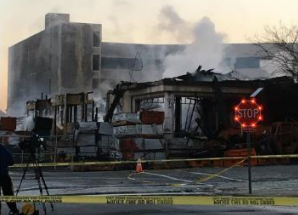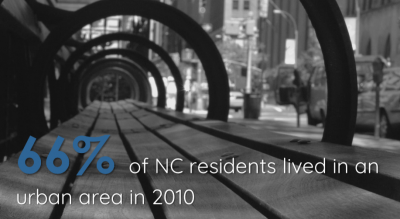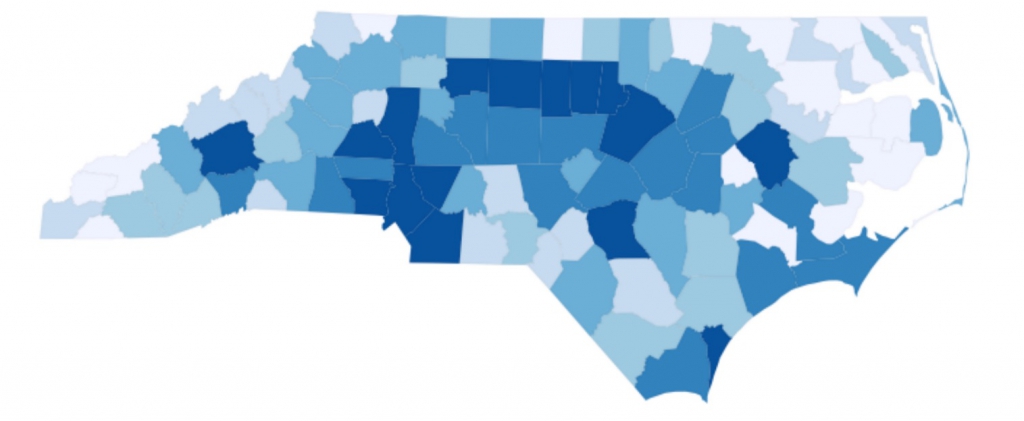Affordable Housing
A Home for Opportunity: Recommendations to North Carolina Communities to Increase Affordable Housing
A 2021 Duke University Sanford School of Public Policy Report, for the North Carolina Metropolitan Mayors Coalition
The growth in metropolitan areas across North Carolina have tightened the housing market, making affordability a growing challenge.
This report focuses on municipalities’ authority to use rehabilitation and preservation of existing housing, new multi-family housing, and land use and zoning changes to increase affordable housing in North Carolina.
Recommendations:
- Promote rehabilitation and preservation of the current housing stock through rehabilitation programs supported by financing such as tax reimbursements.
- Strategically acquire vacant or underutilized land and develop land banks to increase the supply of land available for affordable housing development.
- Explore targeted funding mechanisms including tax reimbursements, gap financing for 4% Low Income Housing Tax Credit projects, and affordable housing bonds.
- Create neighborhood level flexible zoning and permitting codes to promote affordability within private development.
- Organize a policy summit led by the NCMMC, that creates a platform for academics, practitioners, and elected officials to share resources, perspectives, and lessons learned.
Urban Impact
Community Crises
The Role of NC Mayors in Responding to Community Crises

Crises are unexpected, quickly emerging and complex events that are varied in nature. Municipalities face crises spanning a wide array of disasters including natural (e.g. hurricanes), economic-technical (e.g. power failures), social (e.g. riots), and political (e.g. terrorist attacks).
Mayors function primarily as key public communicators in crises. Citizens recognize mayors as trustworthy authority figures. Effective communication requires clear and concise messaging. Mayors must consider both external communication—with the public and press—and internal communication—with staff and municipal agencies. Mayors help set the agenda in allocating resources and determining goals throughout crises.
Donors & Recipients Analysis
Donors or Recipients: An Analysis of North Carolina State Revenues & Public Benefits
The North Carolina Metro Mayors Coalition requested that the Duke University Policy Analysis team explore the question:
Do the state’s metropolitan areas contribute a greater share of state revenues than they receive back in public benefits?
The team compares revenues generated and expenditures received across individual counties, metropolitan and micropolitan statistical areas, and four county classifications: urban, suburban, tourism-rich, and rural.
The study sought to determine which areas are donors (contributing a greater share of state revenue than they receive back in state benefits) and which are recipients (receiving a greater share of state benefits than they are contributing in revenue).
The team concluded that the state’s metropolitan areas are, on aggregate, donors: they contribute a greater share to state revenues than the share they receive in public benefits.





